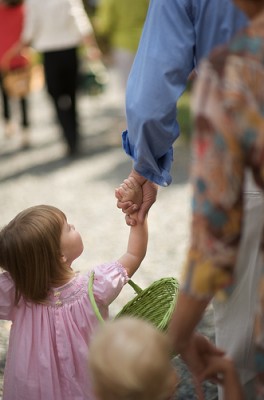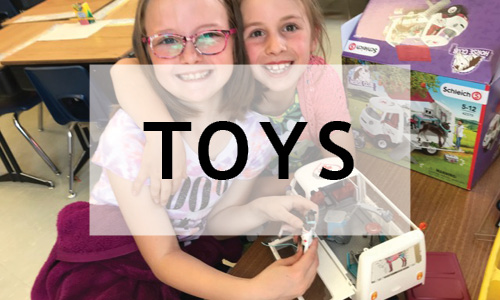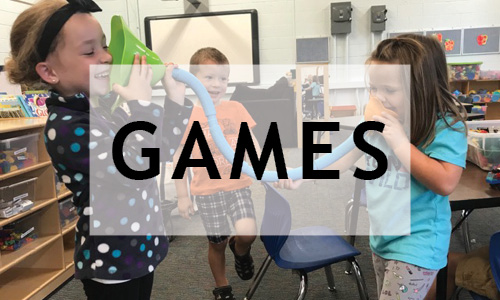According to a CNN report, research in the United Kingdom, funded by the Economic and Social Research Council “found that children whose mothers talked to them about people’s feelings, beliefs, wants and intentions developed better social understanding than children whose mothers did not.”
Mothers were given a series of pictures showing people in different situations with the resulting emotional reactions. When mothers explained the mental state of the the people in these situations, researchers found that the children performed better on social understanding tasks, and later showed a better understanding of people’s emotions in response to situations presented by video and hypothetical situations. Interestingly enough, they used episodes of the televisions show, “The Office” to discuss inappropriate social behavior and how certain actions make other characters feel.
Basically, parents are communicating empathy when they observe a situation at the grocery store, at the playground or on a TV show, and discuss how someone feels as a result of that situation. If a child pushes another tot out of the way to get in line at the park, Mom or Dad can use that situation to say, “She’s sad because that boy pushed her out of the way,” or “That boy was impatient or frustrated but he shouldn’t have pushed. That hurts.” Giving your child a vocabulary of feelings not only gives him power to express himself verbally (which may avoid physical expression) but also develops appropriate social skills.
This study continued to look at the children they initially evaluated at 3 years of age, and found that when they were 12 years old, they did as well as their mothers on social understanding tasks.
So take those everyday opportunities to explain emotions that play out in front of your preschooler as he goes through his day. Your input will be lasting.




